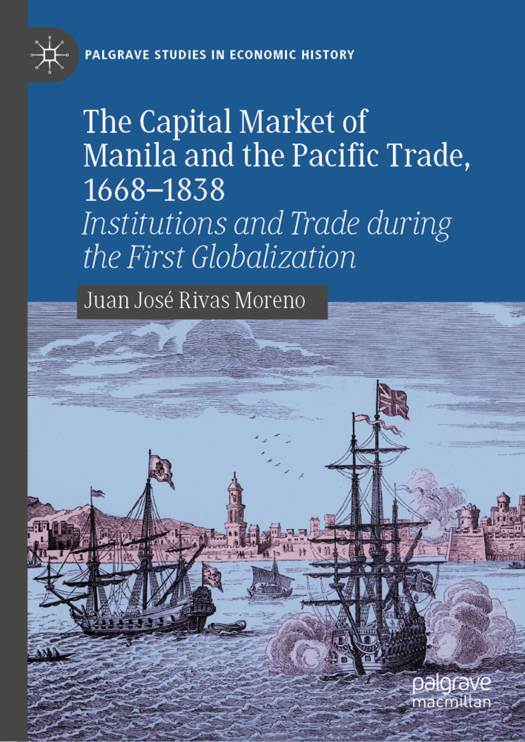
- Afhalen na 1 uur in een winkel met voorraad
- Gratis thuislevering in België vanaf € 30
- Ruim aanbod met 7 miljoen producten
- Afhalen na 1 uur in een winkel met voorraad
- Gratis thuislevering in België vanaf € 30
- Ruim aanbod met 7 miljoen producten
The Capital Market of Manila and the Pacific Trade, 1668-1838
Institutions and Trade During the First Globalization
Juan José Rivas MorenoOmschrijving
Economic history has always emphasized the importance of long-distance trade in the emergence of modern financial markets, yet almost nothing is known about the Manila trade. This book offers the first reconstruction of the capital market of Manila using new archival sources that have never been used in the economic history of Pacific trade.
The book explains how trade between Asia and Spanish America across the Pacific, which lasted for 250 years (1571 - 1815) was financed from the city of Manila.The book analyses the political economy and institutional structures of the Manila capital market in the context of the global silver trade, as well as addressing key similarities and differences with European trade routes and differing approaches to colonialism and commerce in Asian waters. It traces how the Manila capital market emerged in a bottom-up process with a redistributive aspect that tied the interests of citizens with the fortunes of trade, using institutions familiar to the public like legacy funds, brotherhoods and lay religious orders to pool liquidity, originate working capital, and internalise the risk of loss at sea. It challenges the notion that there is a normative model for the development of capital markets and introduces an industrial organisation analysis to the broader structure of Early Modern trade in the Spanish Empire. Sitting at the intersection of economic and financial history, global history, imperial history and political economy, this book will be a cutting-edge and valuable resource for a broad range of scholars.
Specificaties
Betrokkenen
- Auteur(s):
- Uitgeverij:
Inhoud
- Aantal bladzijden:
- 296
- Taal:
- Engels
- Reeks:
Eigenschappen
- Productcode (EAN):
- 9783031718090
- Verschijningsdatum:
- 20/10/2024
- Uitvoering:
- Hardcover
- Formaat:
- Genaaid
- Afmetingen:
- 148 mm x 210 mm
- Gewicht:
- 526 g

Alleen bij Standaard Boekhandel
Beoordelingen
We publiceren alleen reviews die voldoen aan de voorwaarden voor reviews. Bekijk onze voorwaarden voor reviews.











